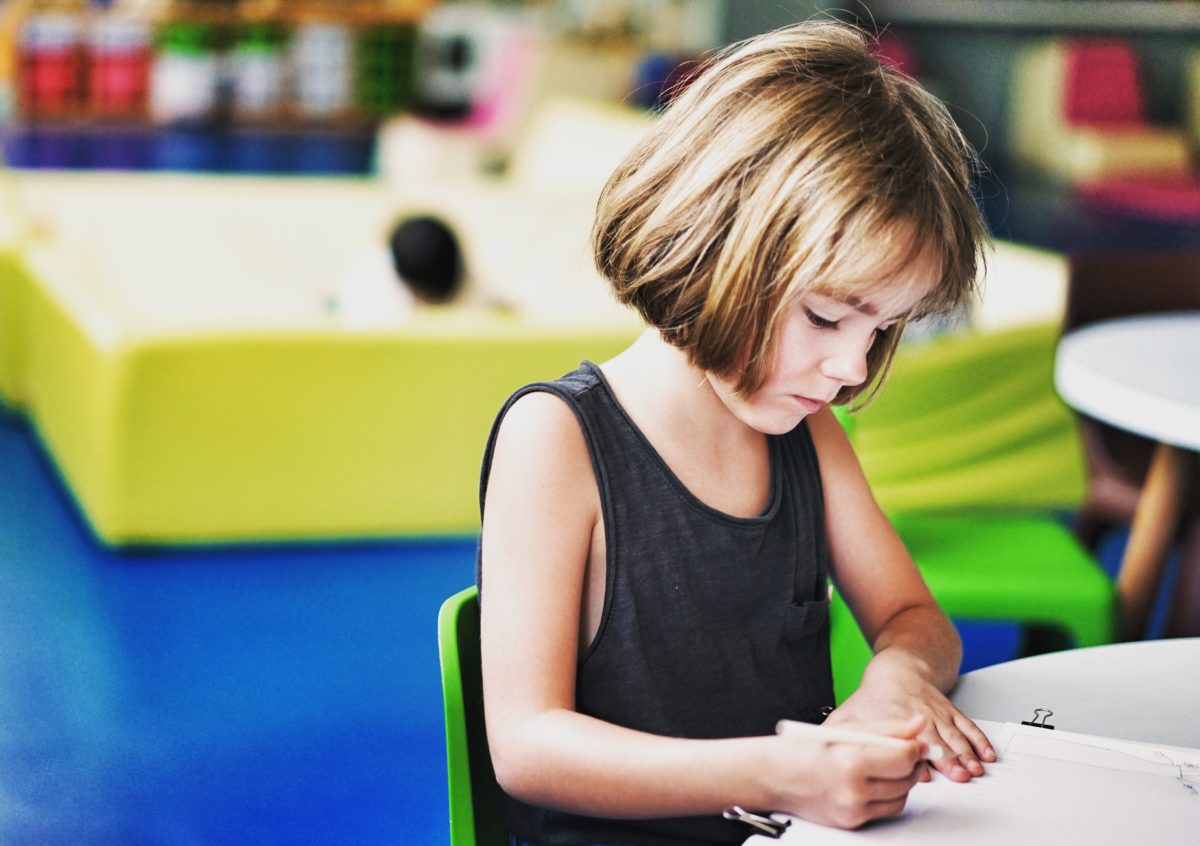
Children can be intellectually gifted or talented in some academic subjects and still have significant learning difficulties in others. Educators recognize that children can qualify for both gifted programs and special education services, and call these children “twice-exceptional” or “2e” learners.
It has been estimated that there are thousands of twice-exceptional learners in American schools. They often go unnoticed. Teachers do look for students with disabilities and provide special education services for them. There are federal laws that protect and assist learners with disabilities.
But it is more difficult to identify gifted students, and there is no federal law to protect or assist them. And it is certainly more difficult to identify twice-exceptional learners. It is usually up to trained and observant teachers as well as concerned and proactive parents to push for the assessment and testing of both giftedness and learning attention issues.
Types of Twice-Exceptional Students
Students can score high on tests for giftedness but have problems in gifted programs. They have a learning disability that goes unnoticed. As they get older, they may fall behind their gifted peers and be labeled “underachievers.”
Other students may have learning or attention issues that affect performance, and these students may not do well in assessments for giftedness. Students with language difficulties may not do well in tests that require language skills. And yet these children may indeed be gifted in other areas. If they are put in Special Ed classes, they could become bored and act out. They could be misdiagnosed as having emotional problems.
Still other students who are both gifted and challenged will not get noticed because their giftedness and learning issues cancel each other out. These students may not qualify for either gifted programs or for special education programs.
Identifying Twice-Exceptional Students
While it might be difficult, there are some clues to help identify these students. The student may show some extraordinary talent in one particular area like language, math, drawing or music.
The same student may show a big variance in school performance and performance on aptitude tests. And the child may have processing issues, like having problems following spoken directions.
These students may get frustrated easily and have social and emotional challenges. Although they strive for perfection, they can also suffer from low self-esteem. This is made worse by peer rejection and a resulting isolation.
If it is suspected that a student may be twice-exceptional, there are some things that teachers and parents should do to confirm it.
Supporting Twice-Exceptional Students
The first thing for a parent to do is meet with school officials including the teacher and special education coordinator. As a parent, you should discuss your concerns and ask about what kinds of tests may be available for your child.
If the student is already in a gifted program but not doing well, ask that the student be tested for learning and attention issues and be kept in the gifted program until this testing is done.
If the child is determined to be a twice-exceptional student, use his or her Individualized Education Plan (IEP) to identify and set goals for both weaknesses and strengths.
Encouraging Social Interaction
Find other twice-exceptional students in the school system whom your child can identify with and share experiences with. This camaraderie should reduce feelings of loneliness and isolation and bolster self-confidence. Your child may not feel “so different” from all other students.
Through school conversations, you may be able to meet other families of twice-exceptional students. There is an organization that can help you, called Understood’s parent community, that understands and deals with the many issues of challenged students.
This organization has parents that understand what happens when a child is struggling with reading or writing, time management, hyperactivity or has conditions like dyslexia, dysgraphia, ADHD, executive functioning issues or other conditions. These parents can provide needed support and valuable suggestions.
The most important thing to do is learn all you can about your child’s giftedness and particular challenges. Your understanding, support, acceptance, encouragement are the keys to providing a strong foundation for your child’s emotional security.
Many parents are concerned more with their child’s problems than with the child’s gifts. There should be a continued support for further development of those gifts. Encourage striving for academic achievement and provide an opportunity to explore interests and develop strengths.
Explain to your child that it is OK to be different and create an environment where difference is celebrated. Society includes all kinds of skills and each person should be valued for who they are.




